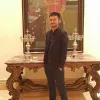Field Ready Nepal
With the goal of developing a STEM focused humanitarian design challenge, non-profit organizations Field Ready, Nepal Communitere and Fab Lab Bhutan discussed the idea of a cross border collaboration.
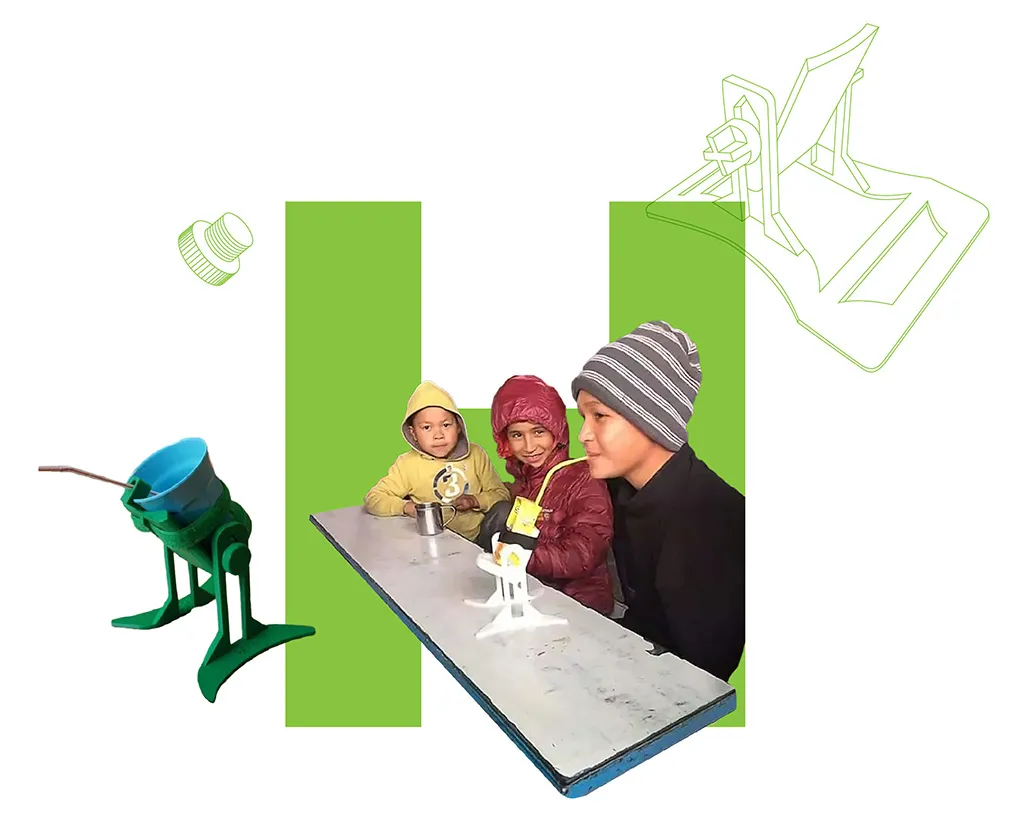
Make it in Nepal
With the goal of developing a STEM focused humanitarian design challenge, non-profit organizations Field Ready, Nepal Communitere and Fab Lab Bhutan discussed the idea of a cross border collaboration.
The objective was to engage 500+ student engineers to develop useful humanitarian product outputs, map facilities using digital fabrication, 3D design and human-centered design to address humanitarian need in their own communities related to health, agriculture, manufacturing and other humanitarian issues.
Innovative workshops
Hands-on, multi-day demonstration workshops were conducted at Nepal Communitere and at universities throughout Nepal. Then, in February 2020, the organizers held a two-week-long design sprint, focusing on improving the student’s skills and knowledge of different digital manufacturing tools.
Each team received a project budget of 20,000 Nepali Rupees (US$200) to iterate an open source health or disability related product for the Nepali market. The teams were taken through a simulated exercise on human centered design, data analysis and synthesis, and final documentation and reporting.
Participants create useful products, while learning valuable engineering skills
After the teams identified the products based on the budget and time for the design sprint, the prototypes were fabricated using laser cutting and 3D printing using the open source design sourced from open source resources. The four humanitarian products they chose to come up with were The Cup Holder, a Sock Assist, Kalam (a writing tool), and a Rowing Mechanism for a wheelchair. Cup holders are for people who have trouble manipulating a cup with their hands. The device is designed to be adjustable considering comfort for the neck of the user as it is important for any user to drink liquid with minimal effort. Sock Assist is a device that allows people with difficulties in bending and general mobility to put on socks with very minimal effort. People who had conditions like Arthritis, Spinal injury, pregnancy or people having limited range for movement are the target group for the device. The Kalam is intended for children with motor difficulties or physical conditions to be able to draw and write independently with a functional grip which works on the dorsal part of the hand, discouraging the contraction of the limb and making the drawing/writing activity effective in school and home environments. Finally, the rowing mechanism is a tool which serves the disabled and helps them to propel themselves in their wheelchair. It is used as an attachable and detachable tool, which facilitates the motion of the wheelchair.
Discovering skills-based knowledge gaps
The feedback collected from the participants of the workshops show that there were very few participants with expert knowledge, some participants with intermediate knowledge and a significant portion with no knowledge of the tools at all. Now, these students have developed valuable skills and practical experience in digital manufacturing and rapid prototyping techniques like 3D printing, laser cutting, CNC milling and 3D designing while being introduced to makers, innovators, engineers and user groups throughout Nepal and Bhutan.
The program has been full of learning for me. I have come to realize the power that a diverse team possesses… which resulted in a beautiful synergy of our knowledge and skills… The program has made me aware about the vast potential that open source platforms hold to share solutions globally so that we can help each other out through the innovations that we come up with. That’s a WIN-WIN for everyone!
The 2030 Agenda for Sustainable Development
Adopted by all United Nations Member States, provides a shared blueprint for peace and prosperity for people and the planet, now and into the future. At its heart are the 17 Sustainable Development Goals (SDGs), which are an urgent call for action by all countries - developed and developing - in a global partnership. La Fondation Dassault Systèmes Field Ready Nepal Project supports three of these goals: Quality education, Industry, innovation and infrastructure, and Partnerships for the goals:
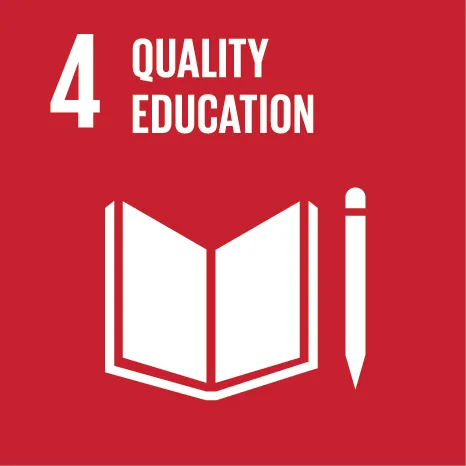
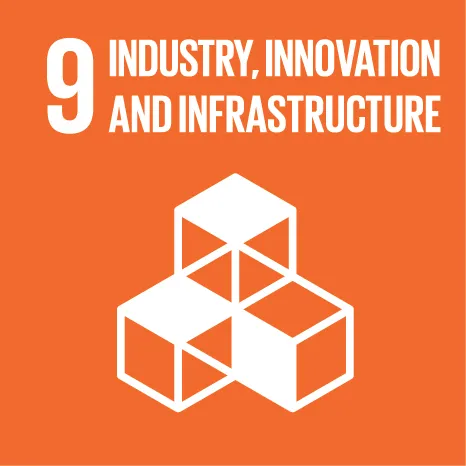
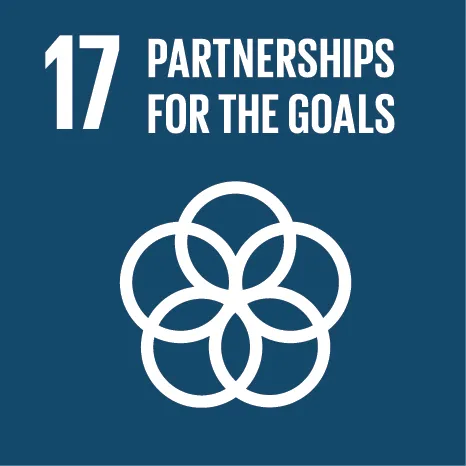
Our partners
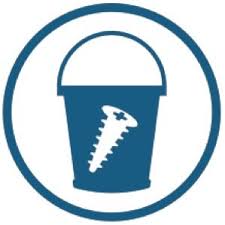
Field Ready helps deliver humanitarian and reconstruction aid needs by transforming logistics through technology, design and engaging people in new ways. Their mission is to save lives, reduce suffering and increase resilience by transforming how needs are met during disaster relief and recovery.

Nepal Communitere is a non-profit organization providing an open and inclusive community-led innovation hub for bold innovators and creative change-makers. We are pioneering an effective international model for sustainable disaster recovery. Their approach involves an active, experienced, on-the-ground presence with a focus on providing the resources, processes, and tools required to empower local communities to take an active role in building their own community. They are committed to bridging the gap between individuals who are willing to help and organizations that can effect change.
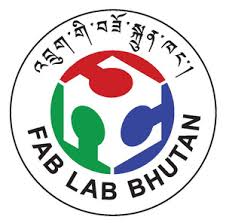
Flagship FabLab Bhutan is a network platform for makers, inventors, artists, researcher, entrepreneurs and creative people who are willing to exchange knowledge, ideas and technology to collectively empower people of all ages and diverse backgrounds to experiment and invent (almost) anything to solve real world problems at local, national, and global levels; thereby creating opportunities to improve lives and livelihoods.

